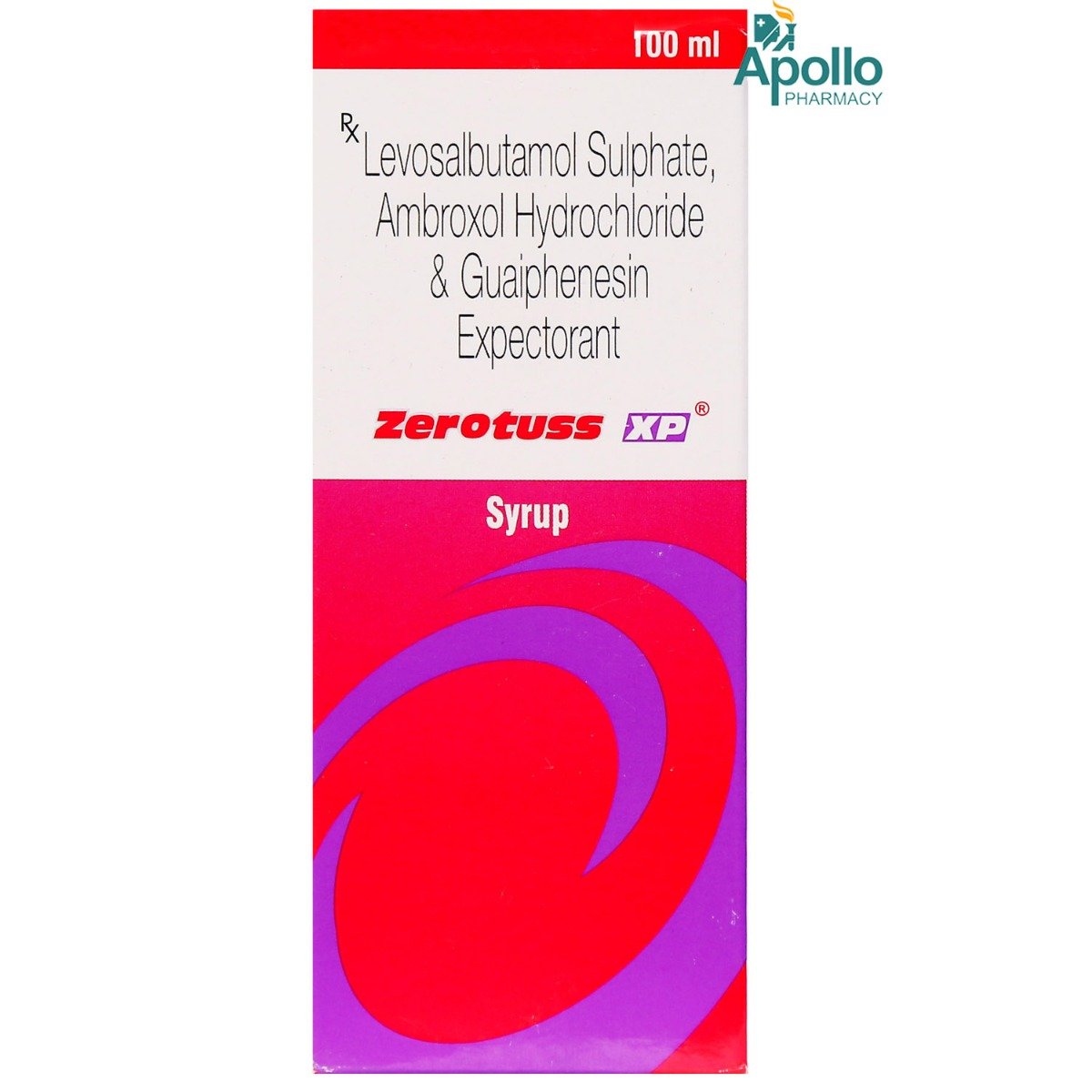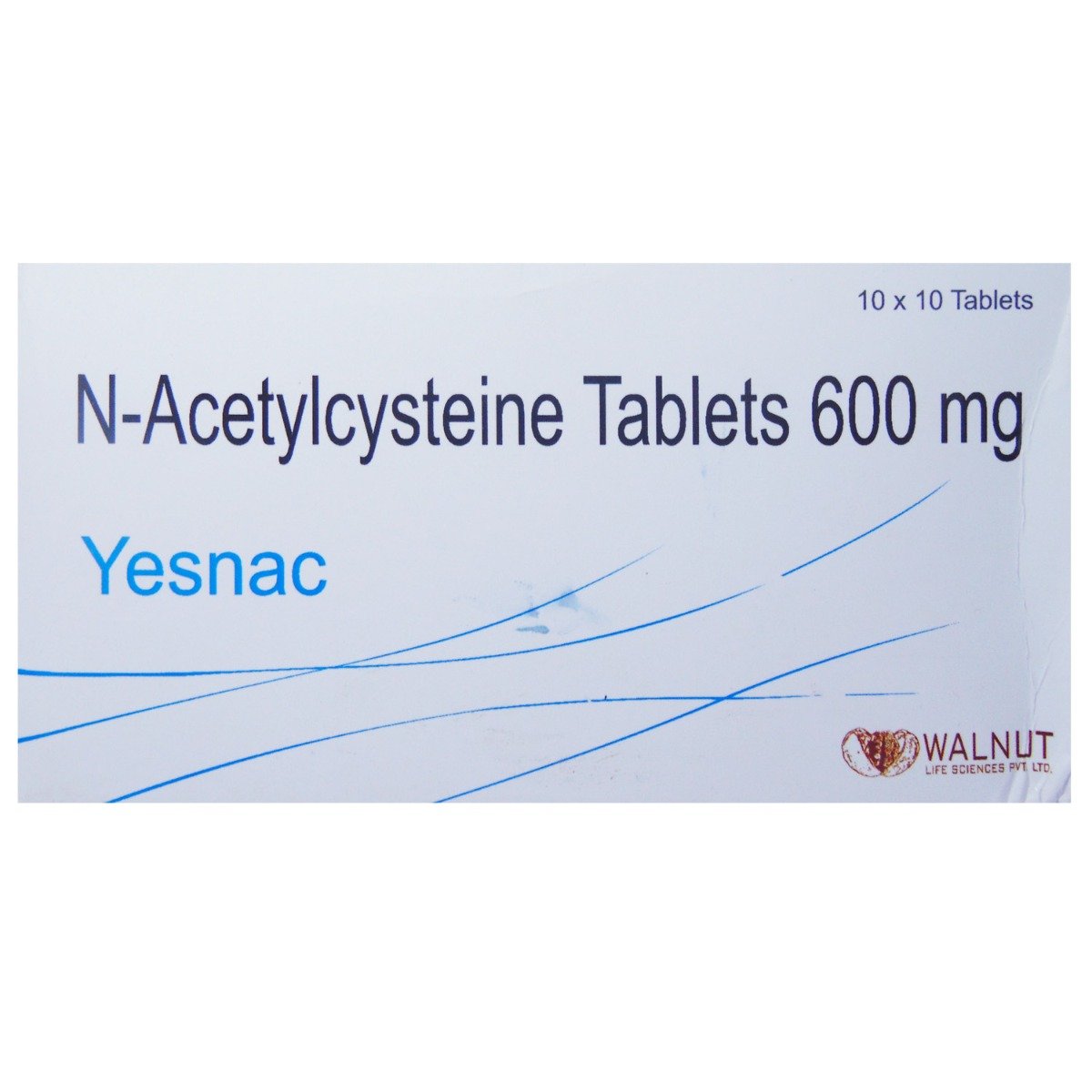- Home
- Health Condition
Medicine For Phlegm
Medicine For Phlegm
- Total Items (450)
 RX
RXVexanac-600 Tablet 10's
₹186.50
 RX
RXXtpara Cold Tablet 10's
₹48.50
 RX
RXVotcold Drops 30 ml
₹79.50
 RX
RXVotcold Suspension 60 ml
₹63.50
 RX
RXZerotuss XP Syrup 100 ml
₹90.50
 RX
RXZukamin Plus Drops 15 ml
₹49.50
Medicine For Phlegm
Phlegm, also known as mucus, is a thick substance produced in the lungs and airways that plays an essential role in trapping dust, bacteria, and other harmful particles. While it serves as a protective mechanism, excessive or thick phlegm can cause discomfort and interfere with breathing. This condition is often associated with respiratory conditions like the common cold, flu, bronchitis, pneumonia, and even chronic conditions like asthma or COPD. If you’re dealing with persistent phlegm, it’s crucial to understand the various treatments available to manage and relieve this uncomfortable symptom.
Types of Medicines Used for Phlegm
When it comes to treating phlegm, a variety of medicines are available, each targeting different aspects of the condition. These medicines can help thin the mucus, ease coughing, and reduce inflammation, allowing you to breathe more easily. Below, we’ll look at the types of medicines commonly used to treat phlegm and their benefits.
1. Expectorants
Expectorants are medications that help loosen and thin the phlegm, making it easier to expel from the respiratory system. By reducing the thickness of the mucus, expectorants can facilitate more productive coughing, allowing you to clear your airways more effectively.
Some common expectorants include ingredients such as Guaifenesin, which is often found in over-the-counter products. These medications are beneficial for individuals experiencing a lot of thick, sticky mucus that’s difficult to cough up.
Benefits of Expectorants:
- Loosen and thin mucus, making it easier to clear from the chest
- Reduce the feeling of congestion in the chest and throat
- Promote better airflow through the respiratory system
2. Mucolytics
Mucolytics are a type of medicine specifically designed to break down the structure of phlegm, making it less sticky and easier to clear. These drugs work by disrupting the bonds between the mucus molecules, thereby thinning the phlegm and facilitating its removal. Mucolytics such as Acetylcysteine or Carbocisteine are often prescribed for chronic respiratory conditions like COPD and cystic fibrosis, where the body produces an abnormally large amount of mucus.
Benefits of Mucolytics:
- Directly reduce the thickness of mucus
- Make it easier to expel phlegm
- Often used for long-term conditions with persistent phlegm production
3. Cough Suppressants (Antitussives)
While cough suppressants are typically used to control a dry, unproductive cough, they can also be beneficial for people with phlegm when the cough becomes constant and exhausting. Antitussives, such as Dextromethorphan, work by inhibiting the cough reflex. These medicines are ideal for preventing excessive coughing that may arise due to the irritation caused by phlegm.
Benefits of Cough Suppressants:
- Help reduce the frequency of coughing
- Provide relief from the irritation caused by persistent coughing
- Allow for better rest when phlegm is present but not productive
4. Bronchodilators
Bronchodilators are medicines that help to relax the muscles around the airways, making it easier to breathe. While not directly acting on phlegm, they are often prescribed for conditions like asthma or chronic bronchitis, where phlegm production is accompanied by narrowing of the airways. Bronchodilators such as Salbutamol can help open up the air passages, making it easier for the body to expel phlegm.
Benefits of Bronchodilators:
- Open up airways, reducing difficulty in breathing
- Aid in easier expulsion of mucus
- Provide relief in conditions with both phlegm and airway constriction
5. Anti-Inflammatory Medicines
In some cases, phlegm is produced as a result of inflammation in the airways. Anti-inflammatory medicines, including Corticosteroids, can reduce the swelling and irritation in the respiratory system, leading to a decrease in mucus production. These medicines are often prescribed for conditions such as asthma or chronic obstructive pulmonary disease (COPD).
Benefits of Anti-Inflammatory Medicines:
- Reduce airway inflammation, which can lessen the production of phlegm
- Improve lung function and airflow
- Prevent flare-ups of chronic respiratory conditions
Benefits of Using Medicines for Phlegm
The main goal of using medicine for phlegm is to relieve discomfort, improve breathing, and clear mucus from the airways. By using the right medication, individuals can experience the following benefits:
- Reduced congestion: Medications like expectorants and mucolytics help clear the airways, reducing the feeling of tightness or congestion in the chest.
- Easier breathing: Bronchodilators and anti-inflammatory drugs help to relax the airways, making it easier to breathe.
- Fewer episodes of coughing: Cough suppressants provide relief from persistent coughing, especially when the cough is dry and non-productive.
- Improved quality of life: When phlegm is managed effectively, individuals are likely to feel less fatigued, less irritable, and more comfortable throughout their day.
Dosage & Usage Instructions for Medicines for Phlegm
The exact dosage and usage instructions for medications aimed at reducing phlegm will depend on the type of medication and the severity of the symptoms. It’s essential to follow the recommendations provided by your healthcare provider or the instructions on the medication packaging.
In general:
- Expectorants should be taken with plenty of fluids to help thin the mucus effectively.
- Mucolytics are usually taken in tablet form or as an inhaler to directly target the respiratory system.
- Cough suppressants are typically used when the cough becomes disruptive, but not when the cough is productive (i.e., helping to clear phlegm).
- Bronchodilators should be used as directed, often in the form of inhalers, for quick relief during episodes of constricted airways.
Anti-inflammatory medicines should be taken consistently as prescribed to help reduce inflammation and mucus production over time. - It is important to avoid self-medication and consult with a healthcare professional to determine the appropriate treatment based on your symptoms and health history.
Buy Medicines for Phlegm Online at Apollo 24|7
If you’re looking to purchase medicine for phlegm, you can conveniently buy your medications online at Apollo 24|7. Their platform offers a wide range of over-the-counter and prescription medicines to help manage phlegm and related respiratory issues. With easy access to trusted brands and home delivery, you can start your treatment quickly and conveniently.
Frequently asked questions
The most effective medicine for phlegm depends on the underlying cause. Expectorants, mucolytics, and bronchodilators are commonly used, depending on whether you need to loosen mucus, reduce inflammation, or improve airflow.
Cough suppressants are generally not recommended when you have phlegm that needs to be cleared. However, if the coughing is persistent and non-productive, a cough suppressant may be helpful in managing the irritation.
The duration of treatment depends on the underlying condition. For acute conditions like a cold, medications may be used for a few days, while chronic conditions may require long-term management with prescribed medications.
Some medicines for phlegm can cause side effects such as dizziness, nausea, or headaches. It’s important to follow the dosage instructions and speak to a doctor if you experience any adverse reactions.
Yes, you can buy medicines for phlegm online at trusted platforms like Apollo 24|7, where you can find a wide variety of medications to manage your symptoms conveniently.




